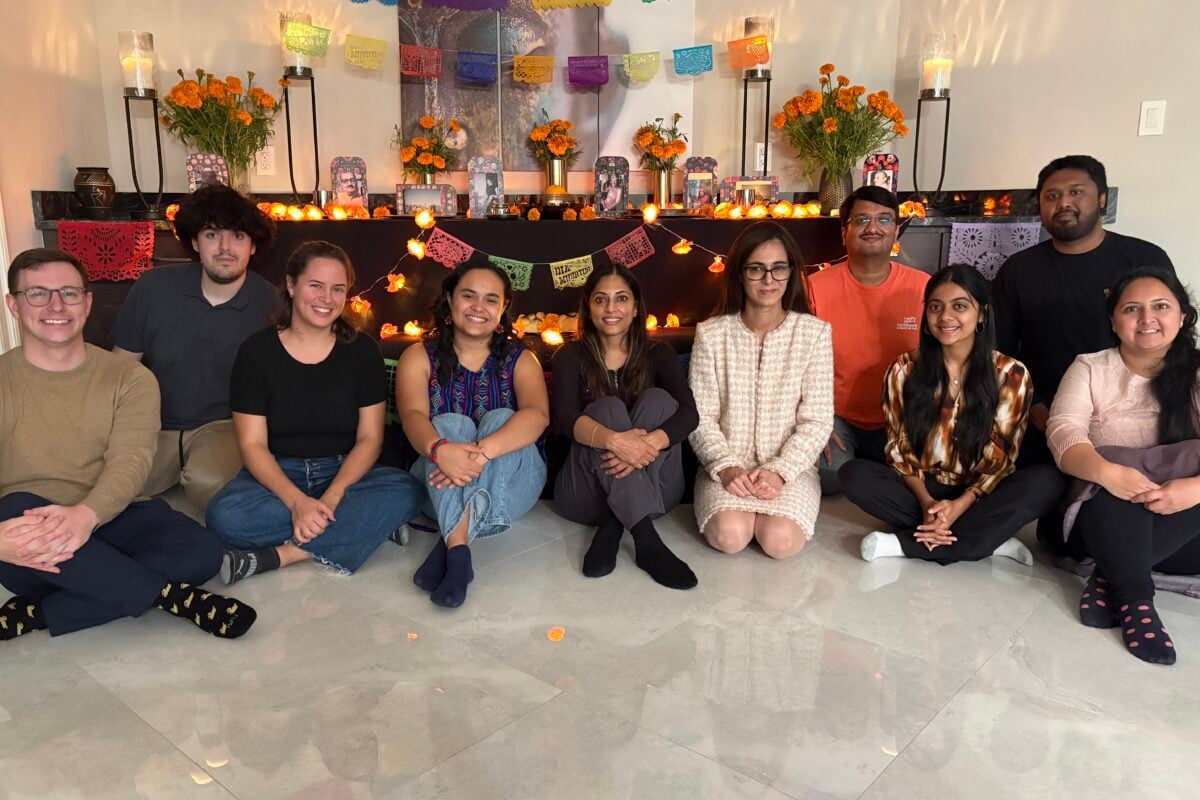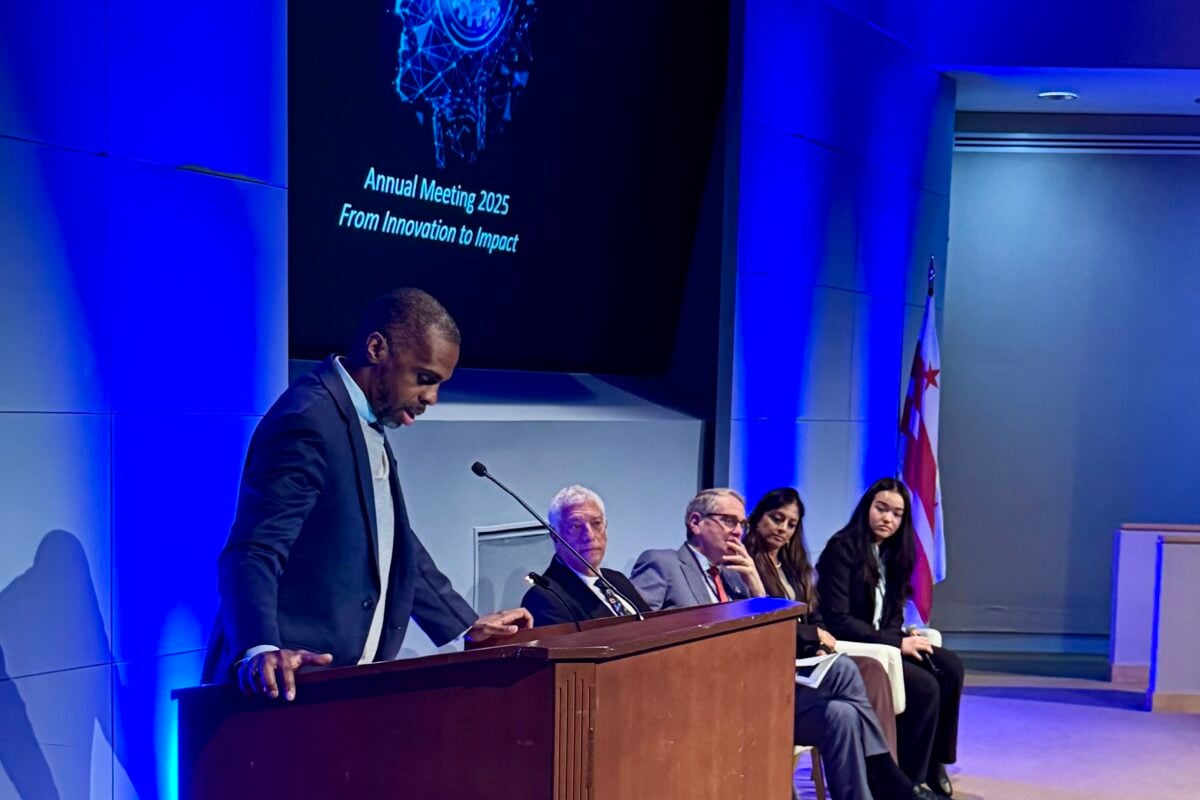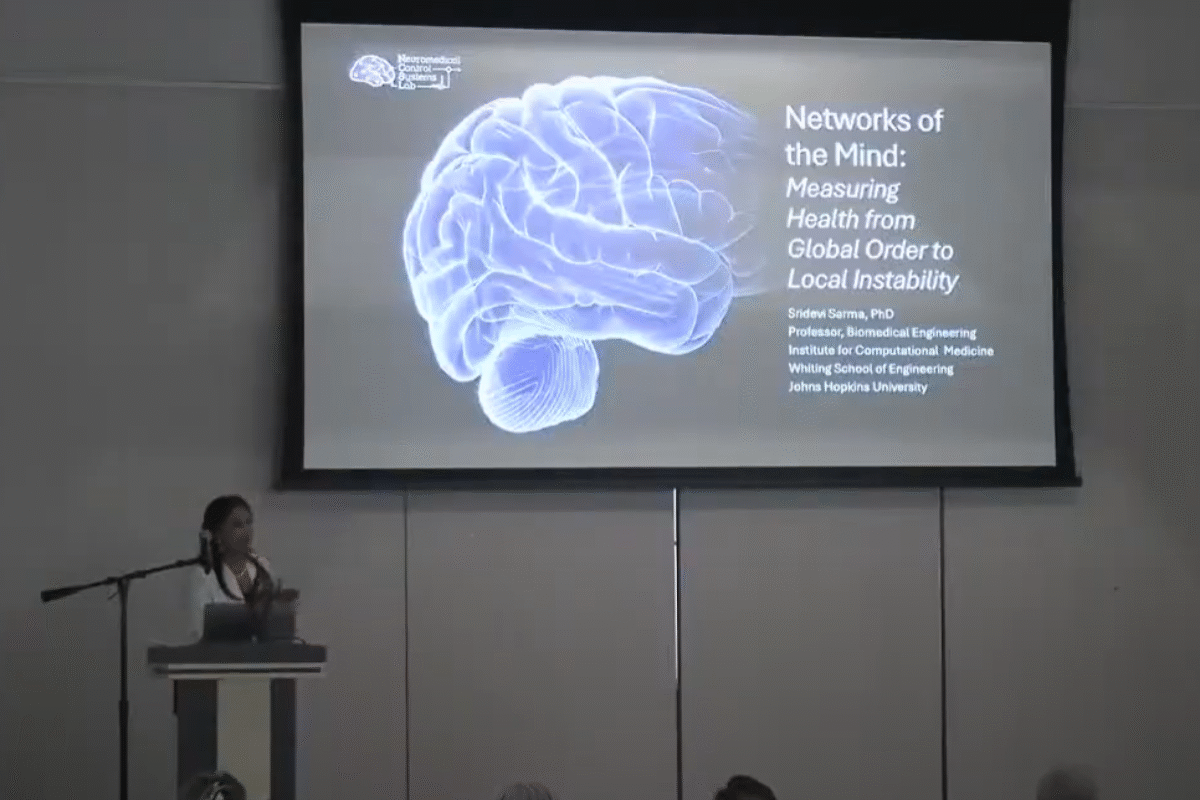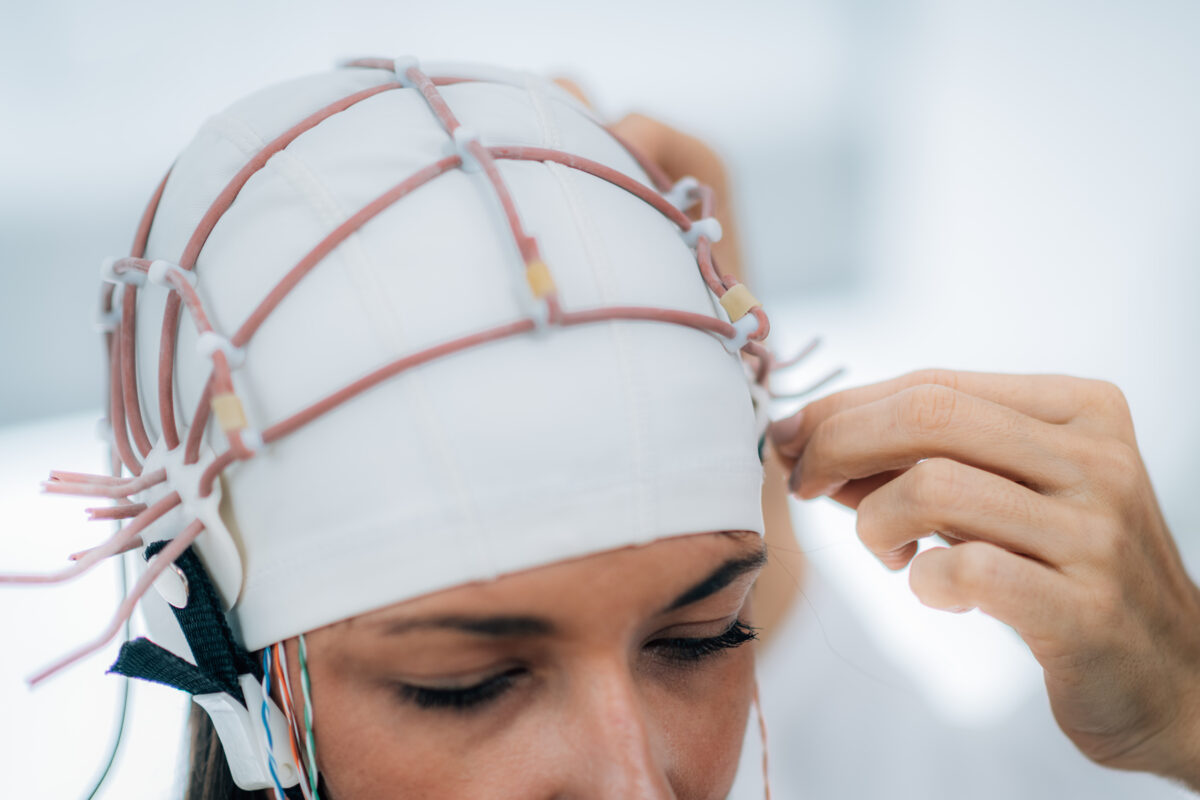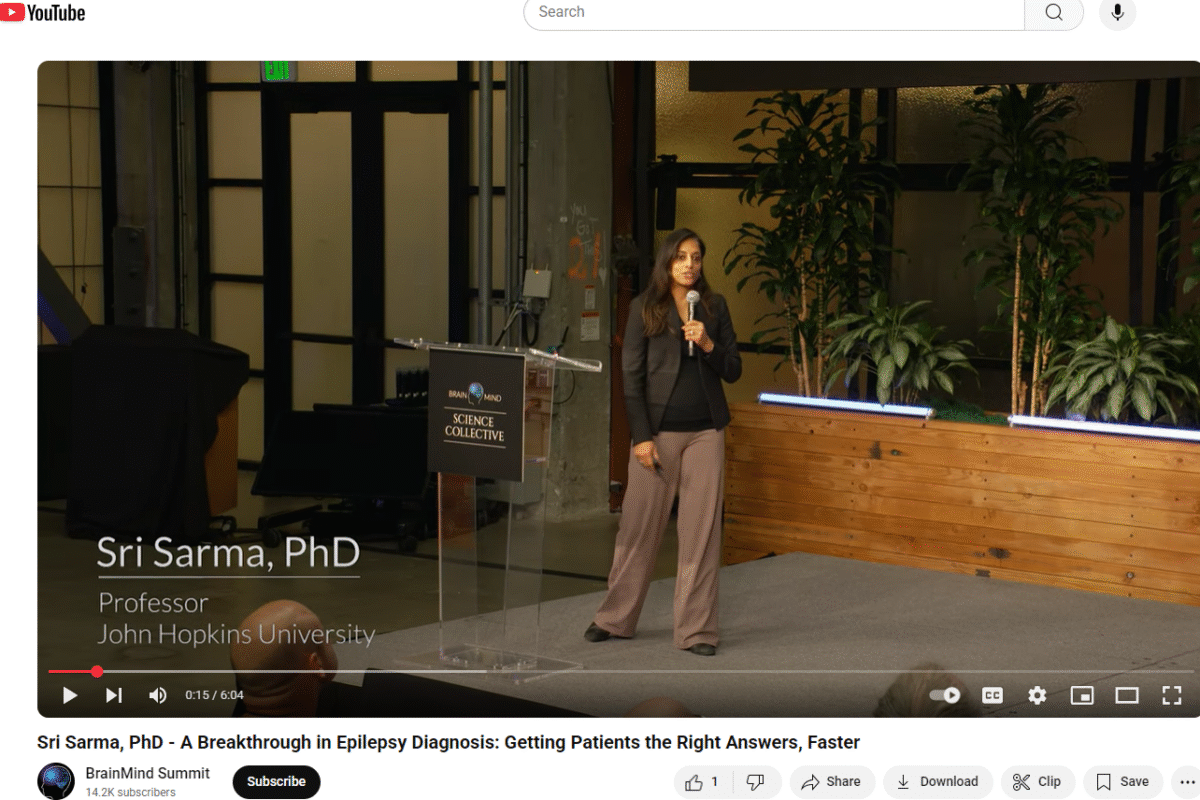The Sarma Lab celebrates Día de Muertos and built a lab altar together. They set up a shared altar table where everyone placed a photo, note, or symbolic object to honor someone meaningful to them: a relative, mentor, friend, historical figure, or beloved pet.
The altar was decorated with marigolds, candles, and papel picado, creating a colorful and respectful space for remembrance. Everyone’s contribution became part of a collective tribute built together.
In Día de Muertos tradition, it’s customary to include on the altar the foods and drinks that the person we are remembering enjoyed during their life. These offerings are meant to nourish the souls when they return to visit and to create a sense of closeness and reunion.
As part of our gathering, everyone brought a small dish, snack, or drink that the person they’re dedicating their altar offering to was fond of.


